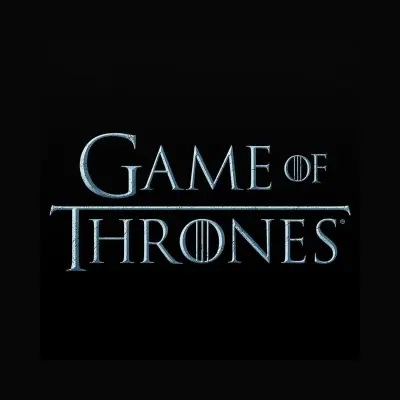Game of Thrones' final season didn't trust viewers the way the early seasons did -- that's why it became reliant on contemporary historical allegory
-

George R.R. Martin's book series and HBO drama found inspiration in history that happened centuries ago, like the Wars of the Roses. But the final season and, especially, the series finale contained allusions to Hitler and Stalin, dictators whose reigns are within living memory, says Parker Richards. "The audience didn’t need a fable about power to be wrapped in a bow and delivered in the form of 20th-century historical analogies," says Richards. "(Or maybe we did—maybe some of us have 'become inured to the shoddy writing and plotting.') In its first half, and perhaps even for a season or two after leaving Martin’s books behind, the show trusted its audience enough to avoid allegory and the simplistic morality that comes with it. It trusted that the audience knew right from wrong, and knew that both could coexist within a character. It asked viewers to find their own messages in a series about a faux-medieval world of dragons and ice zombies—and take them or leave them as they saw fit. It would have been better if the show had ended that way."
ALSO:
- The Middle Ages weren't as sexist as Game of Thrones would have you believe
- What Game of Thrones can teach us about human goodness
- How does Game of Thrones compare to other series finales?
- Game of Thrones' dragons get their sound using the noises from more than 30 animals
- Composer Ramin Djawadi breaks down the final season's most powerful musical moments
- How Game of Thrones generated $2.2 billion in profit for HBO
- Ranking the 50 major characters from worst to best: Jon Snow is No. 45
TOPICS: Game of Thrones, HBO, David Benioff, D.B. Weiss, George R.R. Martin, Ramin Djawadi, Music and TV
More Game of Thrones on Primetimer:- What is Sophie Turner hinting at with her cryptic message about “endings and beginnings”?
- HBO confirms a new Game of Thrones sequel series, with more projects now in development
- House of the Dragon season 3 eyes June after confirming Summer 2026 premiere
- Only Sansa Stark's character development makes sense during the Game of Thrones ending
